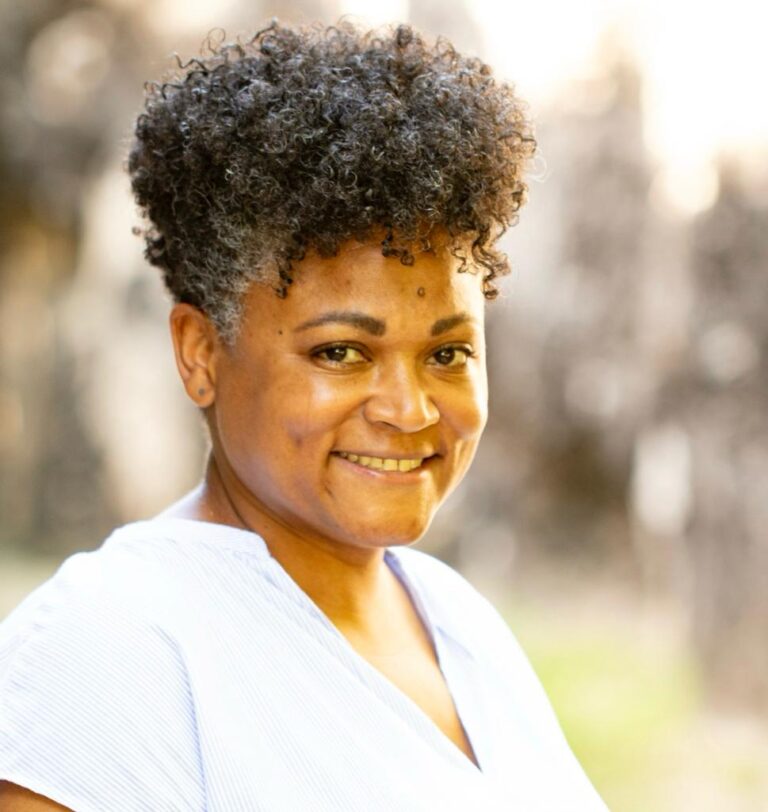by René Hill
Bermudian Historian, Dr Kristy Warren, first came across merchant marine Charles Wotten through Dr Gemma Romain, author of Connecting Histories.
As part of Dr Romain’s PhD, she looked at the 1919 racist riots in England, which broke out in port cities such as London, Cardiff, and Liverpool, and mostly targeted black people.
In 2018, upon closer examination of the riots, Dr Warren learned that one of the victims of the 1919 racist uprisings was a Bermudian. Charles Wotten, who had served in the Merchant Navy during the First World War, was stoned to death during the riots – as Police watched!
Finding this story too compelling to ignore, Dr Warren pursued a research grant so she could delve into the case further. She soon secured the British Academy Leverhulme Small Research Grant, which enabled her to hire two Bermudian researchers, Chynna Trott, Curatorial Assistant of the National Museum of Bermuda, and Jaylen Simons, a King’s College student at the time (and currently at Cambridge).
Dr Warren had initially planned to write something modest about Mr Wotten, but soon discovered that the Charles Wootton College of Further Education opened in Liverpool in the 1970s, and the school put an engraved headstone on his previously unmarked grave in 1989. Also, in 2016, a plaque was erected on the Liverpool dock where Charles was killed as he was trying to get out of the water in 1919.
Through the Bermuda archives, Dr Warren learned that the surname, ‘Wotten’ was no longer present on the Island. Records of Mr Wotten’s parents, siblings, and descendants did exist though; as did a birth registration, and ships’ logs that he traveled on – which she found in various other archives outside Bermuda.
“A lot of our work is about reclaiming and thinking about black lives that often don’t get acknowledged for a range of reasons,” she said. “The coroner wasn’t interested in his life. So, we have this really horrible moment in history, and it’s something that happened to a Bermudian.
“I wanted to know who he was, as a counter to this idea that his life was disposable – wasn’t worth anything to these people. That’s what horrified me.”
Of course, the records are never 100% complete – even in the national archives.
“This was a working-class black man at the turn of the 20th century,” she said. “There’s a tranche of records that we would have been able to use, but it’s spread across three different countries, so we’ve had to triangulate records, piece together what we can – and it’s still only partial!”
Having found what they could on Mr Wotten, Dr. Warren and her team continued to explore turn-of-the-century Bermudian merchant mariners – but information was scarce.
Reverend John William Deshield, who was born in the 1860s and died in the 1960s, provided the only testimony on being a sailor that could be found – in an article published in The Recorder to commemorate him turning 100. The article was shared with Dr Warren by Mr Deshield’s granddaughter, Sharon Swan.
“It’s only a paragraph or two, but that’s so much more than we have for most people,” Dr Warren reflects.
“This thing about trying to trace people across space and time – that’s my thing,” Dr Warren asserts. “Different types of people, different time periods, and thinking about – not just how we’re related by blood, but how these experiences as Bermudians unite us.
“These men are part of all of our history. They’re the people that have gone quietly through their lives, making sure that goods reach us, making sure their families stay fed. I’d like them to be centered. I do lots of different types of histories, but this has been an amazing way to think about how connected our histories are.”

